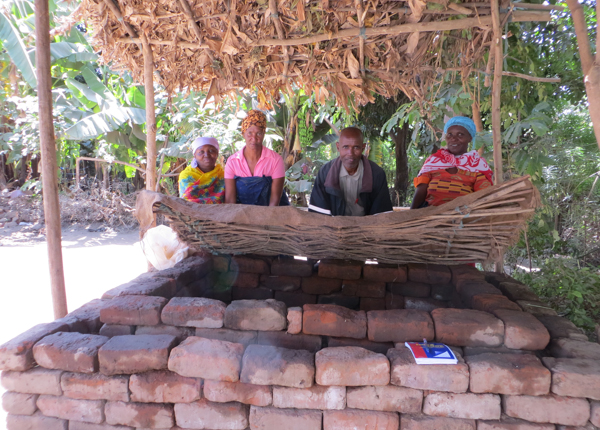Outside Halima Sama’s house, children run around the dirt compound, kicking up the dust that blankets the region during the dry season. Nduruma, like many small villages in northern Tanzania, is filled with modest mud-based houses where farmers work the adjoining land to grow food for their families and the local market. But outside Sama’s and one other home in Nduruma, a brick structure about the dimensions of a large refrigerator turned on its side sits humbly in a patch of shade. It’s known as a zero-energy cool chamber, or ZECC, and it can help farmers improve the longevity of their produce.
Read the rest of Special Reporting Initiative Fellow Rachel Cernansky’s piece on food waste in Sub-Saharan Africa.
